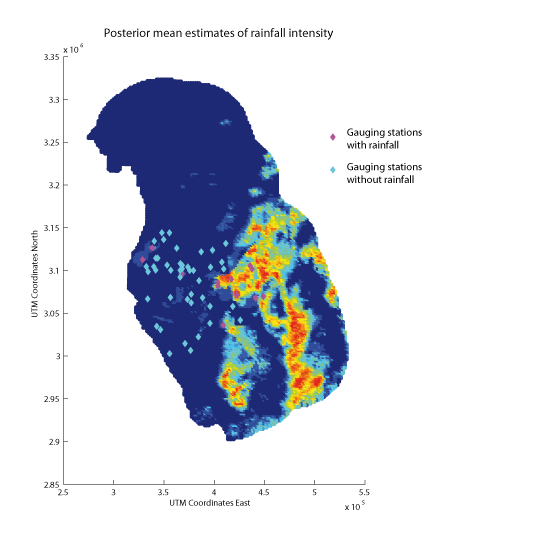Adaptive risk-based decision support for hydrologic, geologic, and environmental applications
Conventional approaches for designing engineering systems and evaluating natural systems rely on conservative assumptions to account for uncertainties associated with various non-anthropogenic and anthropogenic factors. In most cases, there is no further examination of the safety of such systems unless failure has occurred. With the advancements in measurement devices and remote sensing techniques in recent years, more systems are being monitored to provide data for evaluation of the current state and performance of the systems. However, future risk often subjectively evaluated based on professional judgment and experience.
Within the framework of the TUM Institute of Advanced Studies, we aim to steer research towards developing holistic and adaptive reliability-based decision support techniques that utilize monitoring data to predict future risk and incorporate decision support tools to minimize the predicted risk. Monitoring data not only provide statistical information for conditional prediction of future conditions, but also serve as the basis for bias correction and for prediction error reduction. We consider applications to hydrologic, geologic, and environmental problems, such as water resources management, landslide warning, and health risk assessment.

Researchers
- Chin Man Mok
- Wolfgang Betz
- Daniel Straub
Funding
- TUM Institute of Advanced Studies
- International Graduate School of Science and Engineering (IGSSE)
Collaborations
- AMEC Geomatrix
Publications
- Frey D., Butenuth M., Straub D. (in print): Probabilistic graphical models for flood state detection of roads combining imagery and DEM. IEEE Geoscience and Remote Sensing Letters.
Student projects
- MSc thesis, Marian Heimann, 2011:
“Bayesian Integration of Radar Rainfall into Point Measurements Developing Profile for Downscaling Climate Models”.